The Biden administration pushed forward with plans to make it difficult to import vehicles from China. The Department of Commerce proposed a rule that would ban vehicles equipped with Chinese-made connected vehicle technologies.
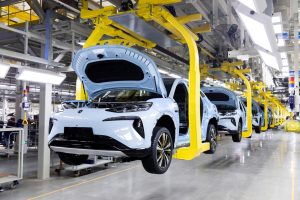
The Biden administration took the next step in banning vehicles with Chinese-made connected vehicle technologies.
The Commerce Department issued a notice of proposed rulemaking, or NPRM, that would ban the sale of connected vehicles using “certain technology” or components from “countries of concern,” specially China and Russia in this case.
Designed to limit the ability of China to exploit this level of connectivity to threaten national security, it’s the latest measure by the administration to hamstring Chinese automakers seeking to gain a foothold in the U.S.
“Cars today have cameras, microphones, GPS tracking, and other technologies connected to the internet. It doesn’t take much imagination to understand how a foreign adversary with access to this information could pose a serious risk to both our national security and the privacy of U.S. citizens,” said Commerce Secretary Gina Raimondo in a statement.
Part of the plan
The announcement is the next step in a process Biden announced in February. It incorporates public feedback submitted in response to the Department’s advance notice of proposed rulemaking (ANPRM) issued March 1, according to the White House.
That move sought public comment on the national security risks associated with certain technologies used in connected vehicles.
Administration officials expressed concern about the amount of information internet-connected vehicles have access to on a daily basis. They note the systems can control vehicle movement, collect driver and passenger data and use the cameras on semi-autonomous vehicles to record information about American infrastructure.
China expressed similar concerns last year, when it chose ban Tesla vehicles from certain areas within the country, primarily government and military facilities. Tesla’s full self-driving and Autopilot technologies rely on cameras to function.
More China Stories
- President Biden Orders Probe of Foreign Connected Vehicles
- Chinese EV Imports Pose “An Extinction Level Event”
- Detroit Automakers Watch as Chinese Collapse – U.S. Could Be Next
What does it mean
Specifically, the rule covers “vehicle connectivity systems” (VCS) — that is, systems and components connecting the vehicle to the outside world, including via Bluetooth, cellular, satellite, and Wi-Fi modules — and “automated driving systems” (ADS), which allow highly autonomous vehicles to operate without a driver behind the wheel.
The prohibitions on software would take effect for Model Year 2027, and the prohibitions on hardware would take effect for Model Year 2030, or Jan. 1, 2029 for units without a model year. However, it does offer special exceptions for low-volume vehicle makers or other companies that can prove they should be excluded from the ban.
The NPRM is just a step in the process of a ban. The government will continue to collect input from interested parties to formulate a final version of the rule. The agency didn’t provide a timetable for completing the “formulation” of the final rule.
“The good news is right now, we don’t have many Chinese or Russian cars on our roads,” Raimondo said during a media event, according to the Detroit News.
“But we’ve seen Europe is a cautionary tale. In Europe and elsewhere in the world, they went from very few Chinese cars to many, very quickly … so we’re not going to wait until our roads are filled with cars and the risk is extremely significant.”
Related moves
China is the acknowledge leader in the development and production of electric vehicles. While less than 10% of new vehicle sales in the U.S. are EVs, that number is pushing past 25% in China. Of course, China has rules in place making it difficult to sell electric vehicles there.
The Biden administration has been looking to keep pace with its counterparts in Beijing.
In May, Biden directed an increase from 25% to 100% on the tariff rate on Chinese electric vehicles under Section 301. The Inflation Reduction Act tied eligibility for the $7,500 EV tax credit to final assembly in North America and sourcing key battery minerals and components from the United States or trade partners.

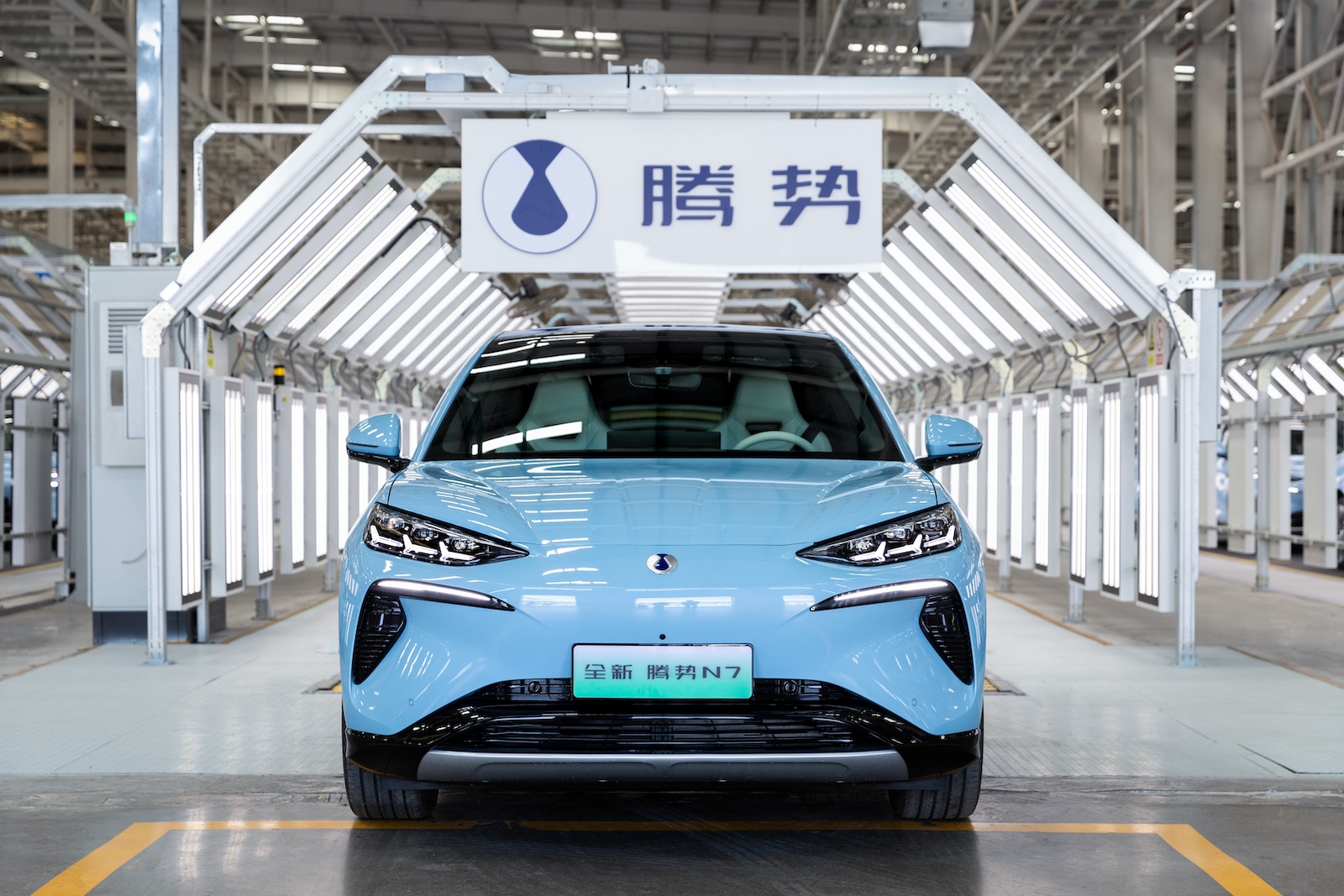
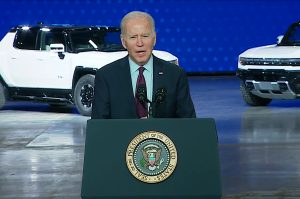
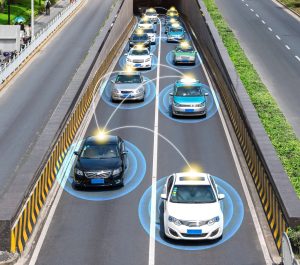
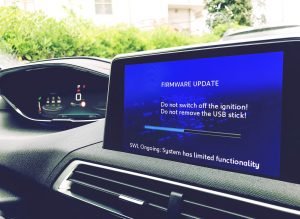
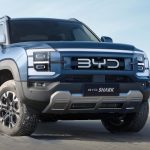


0 Comments